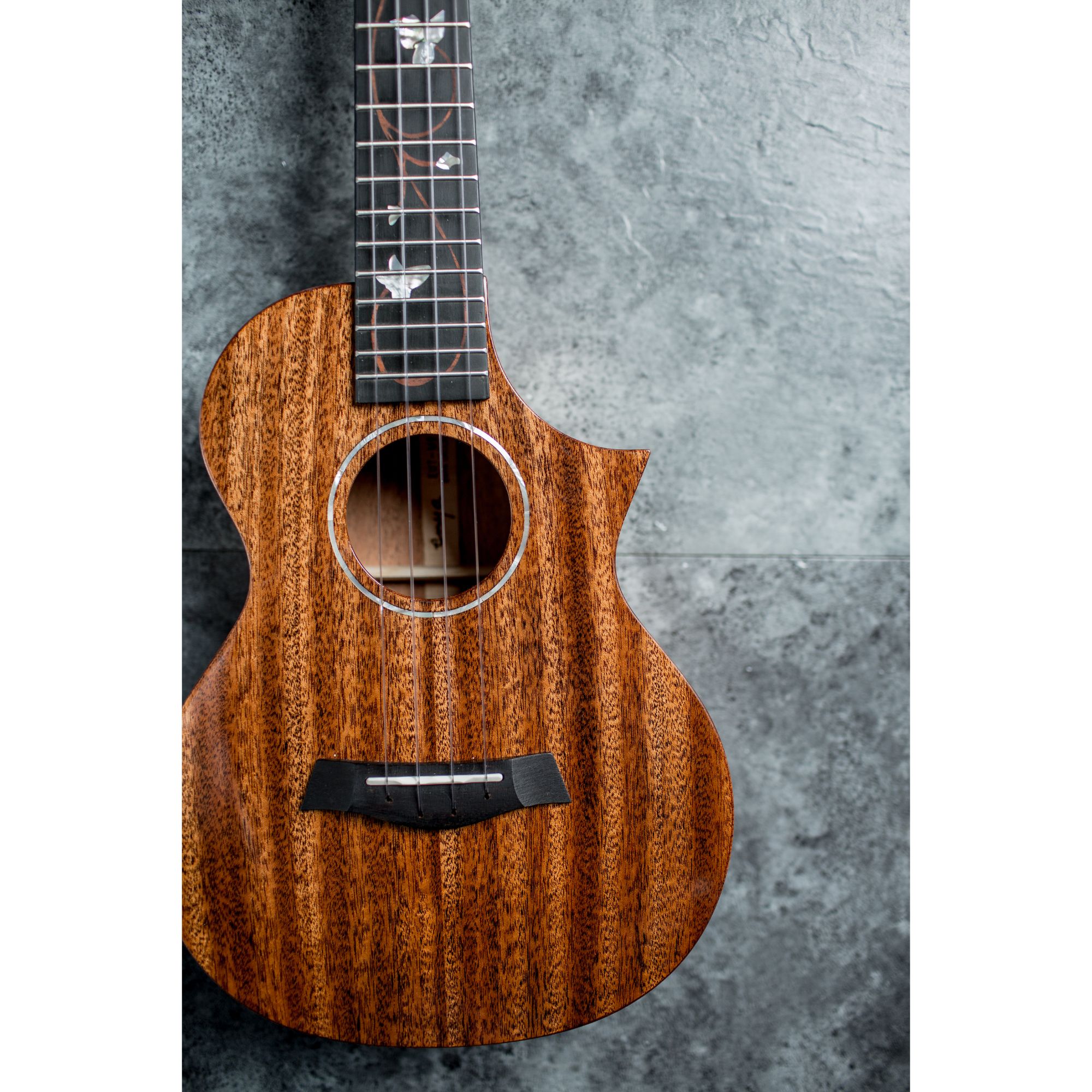Ukulele Practice Tips - Keeping Yourself Motivated
Ukulele Practice Tips - Keeping Yourself Motivated
Blog Article

The ukulele is a great instrument to learn. The basics are really easy to pick up. It's particularly suited to young children, with its diminutive size, and will teach a number of skills that translate to other instruments, particularly the guitar. To get you started on your journey, here are ten tips that will kick start your ukulele playing.
Finally the least Ukulele for sale in uk common is re-entrant D tuning a somewhat new technique. You are going to want some non-standard strings so that you can make use of this tuning. This is also much like a guitar, but with the D string tuned higher.
The soprano is the traditional size of ukulele. It has the sound associated with the ukulele. This is very important for people who want that Hawaiian sound when they play.
On some sites you will find ukulele tablature which works the same way. The only difference is that ukulele tabs have four lines as an ukulele usually has four strings.
The names of the chords we will play are dependent upon the tuning of the uke. In this Ukulele lesson we will use the common tuning in C. This means that the first string of the ukukule is tuned to A. The first string of your uke is the bottom string when you play.
Fsus2 is a very jazzy sounding chord, so you have to be quite careful how you use it. It is played by putting Ukulele for sale your index finger on the first fret of the E string. The best way to use it is to switch between F and Fsus2 whilst playing. This is a trick that Zack Condon of Beirut often uses.
A ukulele only has four strings as compared to a guitar which has six. Just like the guitar, it is also made from wood although, there are versions made out of plastic. These are sold worldwide and not just in Hawaii or in the USA. However, the quality of ukulele music depends on the type of wood used. That is why makers do not stop looking for new wood that ukuleles will help the ukulele produce a cleaner sound.
Improving your ear is a great way for any musician to improve. As well as helping your work out songs, it will improve your improvisation and song-writing. Although it takes some time to develop this skill, the rewards of doing so are very large.